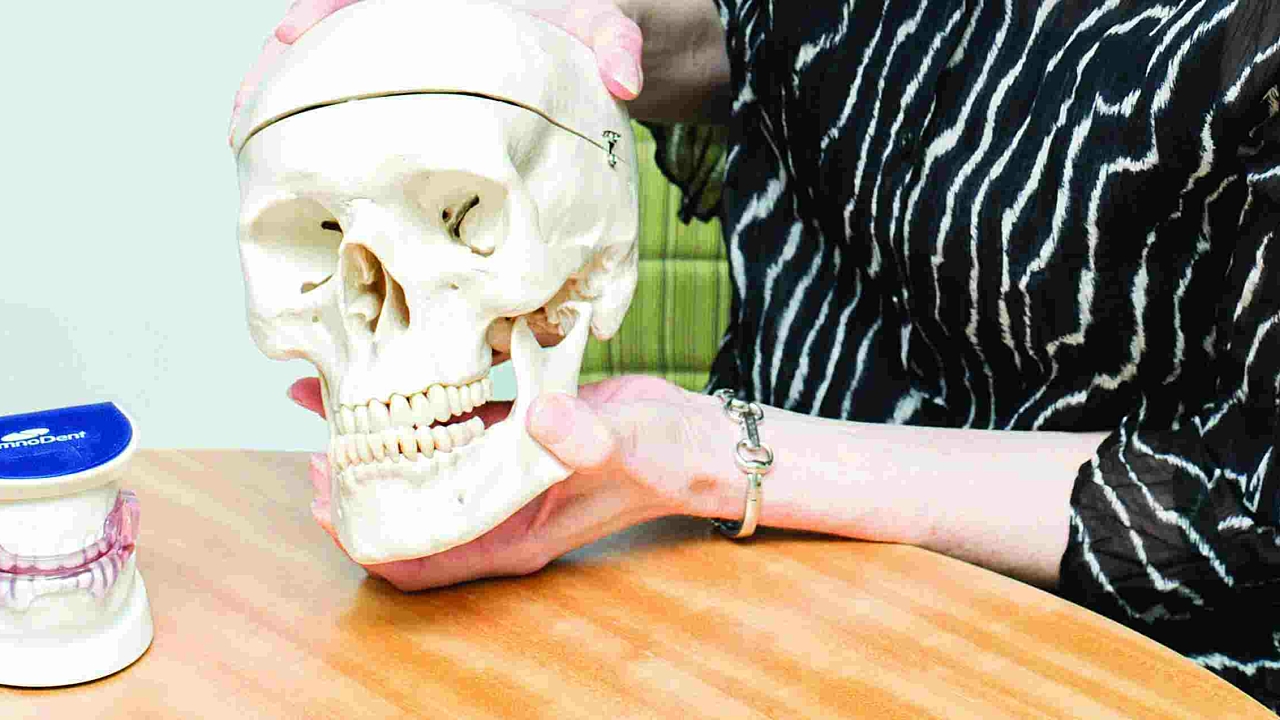We are testing whether our new MRI technique can predict if a mandibular advancement splint will treat your sleep apnoea.
We are seeking patients diagnosed with obstructive sleep apnoea (OSA) who, after consulting with a doctor, are about to try using a mandibular advancement splint (MAS) for treating their OSA.
Criteria
You need to be aged 18 to 75 years, have more than 10 of your own teeth (upper and lower), and no other major dental problems. You need to be able to have an MRI scan, and have no other major respiratory disorder (e.g. asthma).
The study involves:
- Being fitted for a mandibular advancement splint and wearing it overnight for approx. 3 months
- Having an MRI scan at Neuroscience Research Australia (NeuRA) in Randwick
- Having a free overnight sleep study.
What is OSA and what is NeuRA testing?
Obstructive Sleep Apnoea (OSA) is a common sleep disorder, most prevalent in middle aged and older males and the obese, in which the upper airway repeatedly collapses during sleep, obstructing airflow. OSA is associated with daytime sleepiness, increased risk of accidents, heart disease and stroke.
Current first line treatment, CPAP, is effective, but poorly tolerated by patients, and thus not well adhered to (only 50% of patients comply).
Mandibular advancement splints are an alternative treatment, but are only effective for about half the number of OSA patients. Predicting who will benefit from them is an important unsolved clinical challenge that NeuRA has undertaken.
This project, led by Prof Lynne Bilston, aims to test whether two novel imaging biomarkers can predict treatment response to mandibular advancement splints, and to develop simplified versions for clinical use. Researchers will also define how biomechanical and neural factors influence treatment outcome.
In a cohort of 146 OSA patients, tagged MRI methods will be used to determine whether outcome can be predicted. In other words, will a splint work for you and, if not, why not?
The project has the potential to provide a reliable method of predicting treatment outcome from MAS therapy, in addition to providing better understanding of the mechanisms by which splints might help you to sleep.
If you are not sure if you qualify for the study, or want more information, please contact us here at NeuRA. We also have other studies for which we are recruiting obstructive sleep apnoea patients.
Interested participants can contact Jessica Patti Tel: 9399 – 1843 or j.patti@neura.edu.au
For media enquiries or to speak with Project Leader Prof Lynne Bilston.




